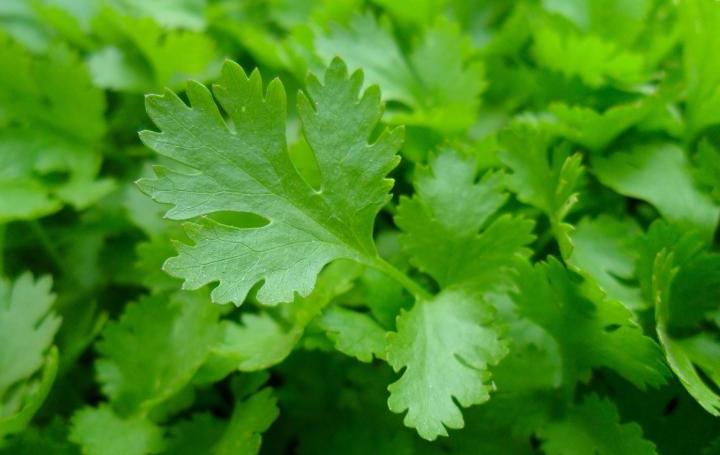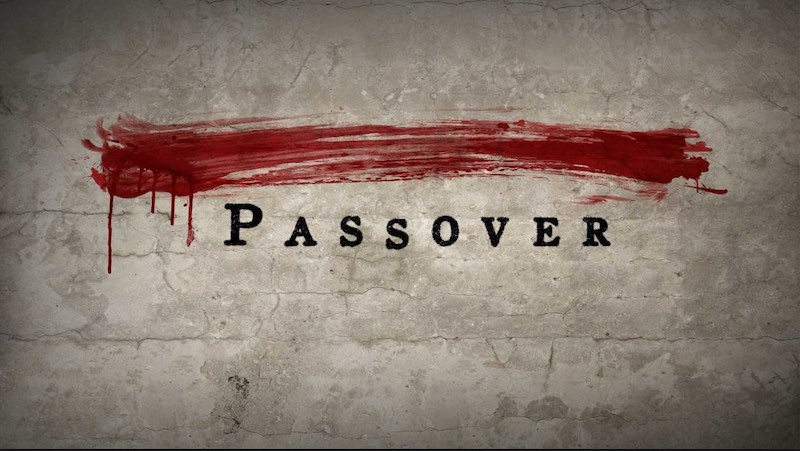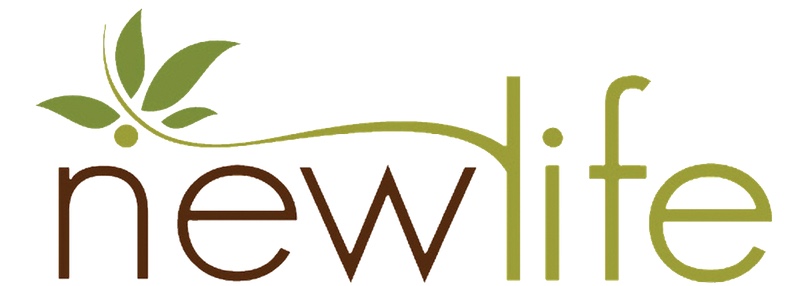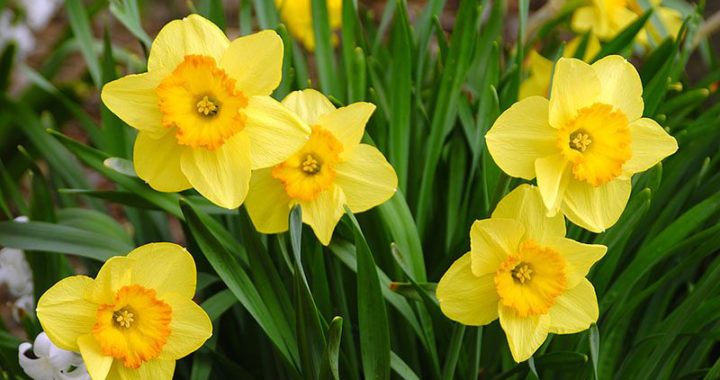As we were sitting around the table recently during a Sabbath celebration in my home, we were talking about the significance of the seven Appointed Times of the LORD as detailed in Leviticus 23. I was explaining how Passover and the Feast of Unleavened Bread are considered one festival as they overlap and are often spoken of interchangeably in the Bible to refer to the same seven-day festival. It was at this point that one of my guests then asked, “If Passover and the Feast of Unleavened Bread are considered to be the same festival because they overlap in time, than what about the First Fruits offering which also occurs during Passover week?” It was a good question that I’d like to answer in this article.
The First Fruits offering (Lev. 23:9-11) is a unique offering that takes place during the week of Passover. It is not given a specific date but rather, it is always dependent on the day that Passover begins and is calculated according to how Passover week plays out according to the calendar of any given year. The uniqueness of the First Fruits offering contains a prophetic connection to the Passover which is highlighted in this week’s Torah Portion study.
The Sabbath of The Month
This Sabbath (Saturday, April 6, 2019) is one of the most important Sabbath days of the year. First of all, it is ראש חודש – Rosh Chodesh, meaning that it is the day that marks the beginning of the New Month on the biblical calendar. Beyond being a Sabbath day that marks the new month, it is also called שבת החודש – Shabbat HaChodesh which means Sabbath of The Month and is so named because this month is a special month on the biblical calendar, the month of Nisan, the first month of the biblical year.
We see the inauguration of the month of Nisan on the biblical calendar in connection to the Exodus from Egypt and the observation of the first Passover:
Now the LORD said to Moses and Aaron in the land of Egypt, “This month shall be the beginning of months for you; it is to be the first month of the year to you. Speak to all the congregation of Israel, saying, ‘On the tenth of this month they are each one to take a lamb for themselves, according to their fathers’ households, a lamb for each household…” – Ex. 12:1-3
The LORD set apart the month that marked the Exodus from Egypt as the first month of the year, the beginning of months, and it was in the middle of this month that the first Passover was to be observed, on the fourteenth day of the month.
The Month of Nisan
Although we call this first month by the name Nisan, this was not its original name. The name Nisan was adopted during the time of the Babylonian exile and we only see this month referred to by the name Nisan after the exile (Neh. 2:1. Esther 3:7). Originally, it was just called the first month. All of the months were originally identified by their number, starting with the first month when the Passover was observed. All of the other months are identified by their position in relation to the first month as we see in Leviticus chapter twenty-three.
The first month, which is marked by the observation of Passover, literally defined the nation of Israel. The Israelites were slaves in Egypt before the Passover but then after the Passover they were a sovereign nation led by the God of Abraham, Isaac, and Jacob at the hand of Moses. The preeminence of the first month on the biblical calendar is rightly set apart as a defining month for the nation of Israel.
The Other Name
Before the name Nisan was given to the first month, it was called by another name, Aviv. Moses first used the name Aviv to identify this month on the day of the first Passover:
Moses said to the people, “Remember this day in which you went out from Egypt, from the house of slavery; for by a powerful hand the LORD brought you out from this place. And nothing leavened shall be eaten. On this day in the month of Aviv, you are about to go forth…” – Ex. 13:3-4
Twice more in the book of Exodus we see Aviv as the given name for this month and then also in the book of Deuteronomy:
Observe the month of Aviv and celebrate the Passover to the LORD your God, for in the month of Aviv the LORD your God brought you out of Egypt by night. – Deut. 16:1
Throughout the Torah the first month is consistently called Aviv. Why was the name Aviv given to the first month? What does the name Aviv mean?
The Month of Aviv
The word aviv in modern Hebrew means spring, referring to the season of the year. The modern meaning of aviv comes from the biblical use of the word. The word אביב – Aviv first appears in the Bible in the book of Exodus before the Passover was observed:
Now the flax and the barley were ruined, for the barley was in the ear and the flax was in bud. But the wheat and the spelt were not ruined, for they ripen late. – Ex. 9:31-32
We don’t see the Hebrew name Aviv here but rather the meaning of the Hebrew word translated into English,“in the ear.” The context of these verses is during the ten plagues which God used to show His power to Pharaoh and the Egyptians. The plague of hail had been sent on the land of Egypt and it destroyed the crops which had blossomed.
The word aviv is used in the above verses to describe the state of the barley crops, “for the barley was in the ear…,” and it had been destroyed. The word אביב – Aviv is an agricultural term which literally means fresh or green being translated in the verse at hand as “in the ear.” It is used in the sense of new life which springs forth from plants. The word aviv is used here to describe the condition of the barley having already started to form its grain, just as the flax is described as being “in bud.”
Since the original Passover occurred in the spring time when grain is beginning to burst forth and there were signs of new life in nature, the first month on the biblical calendar was named Aviv! Although this same month is called Nisan today, we still remember the significance of Passover occurring in the spring time as we celebrate the Passover year to year and eat a green herb during the Passover Seder to recall the new life which occurs during the spring season. Generally parsley is used to symbolize the fresh, green herb that is eaten at Passover.

The Redemption of Passover
Since the LORD Himself has deemed Aviv (Nisan) to be the first month on the biblical calendar, it is obviously significant. Passover is the central focus of this month and the yearly celebration of Passover is a reminder of the power of God to redeem His people from the most dire of circumstances.
The redemption of the Jewish people at Passover is something that is appreciated with great gratitude in view of the display of God’s power on behalf of the Jewish people in the past and it is also viewed as the standard of how God will redeem His people again in the future. Rabbi Lau explains the Jewish understanding of the future redemption in the month of Passover:
Nissan is also traditionally the month of future redemption as it was of past redemptions. The prophet Micah (7:15) promises: “As at the time you left Egypt, I will show you wonders.” From this verse, our Sages deduced that the month of Nissan is uniquely appropriate for our ultimate redemption. “They (the Jews) were redeemed in Nissan, and they will again be redeemed in Nissan.” – Rabbi Israel Meir Lau, Practical Judaism, Modan Pub. Tel Aviv, 1997. p. 292
The traditional Jewish belief is that the future redemption of the people of Israel will occur in the month of Nisan (or Nissan) in connection to the great redemption of the past which occurred at Passover.

We know from the historical record of the New Testament that Yeshua the Messiah fulfilled the expected future redemption of the people of Israel 2000 years ago. It wasn’t by chance that Yeshua was crucified on the day of Passover but rather according to the plan and intention of God to bring about a redemption greater than that of being set free from slavery in Egypt:
For He rescued us from the domain of darkness, and transferred us to the kingdom of His beloved Son, in whom we have redemption, the forgiveness of sins. – Col. 1:13-14
At the first Passover the people of God were freed from slavery but at the last Passover God’s people have been freed from sin and eternal darkness. The redemption that Yeshua has purchased for us through His death on the cross is an eternal victory providing forgiveness of sins and eternal life.
The Fulfillment of First Fruits
Just as Yeshua’s death prophetically took place on Passover, so too the resurrection of Yeshua occurred on one of the Appointed Times of the LORD, on the day of the First Fruits offering. We read evidence of this in the New Testament as Yeshua’s resurrection is considered a type of “first fruits” from the dead:
But now Messiah has been raised from the dead, the first fruits of those who are asleep. For since by a man came death, by a man also came the resurrection of the dead. For as in Adam all die, so also in Messiah all will be made alive. But each in his own order: Messiah the first fruits, after that those who are Messiah’s at His coming,… – 1 Corinthians 15:20-23
The death and resurrection of Yeshua were complete fulfillments in accordance with the plan and timing of God’s Word. To read more about the timing of the First Fruits offering, I recommend reading this article: The Pharisees, the Sadducees, and the Resurrection
Returning to the original question asked by my Sabbath guest, we can obviously see the connection between Passover and the observation of the First Fruits offering as they both occur during Passover week, however, I would suggest that the First Fruits offering is unique within the Passover week and is meant to stand on its own as a separate Appointed Time. I believe the resurrection of the Messiah on this Appointed Time further emphasizes this point by marking it as a significant event.

The Month of New Life
In closing, we can see how the events of the Exodus at the first Passover included the death of the first born for the Egyptians while there was redemption for the families of Israel by the blood of the lamb. As a result of the death at the first Passover there was new life for the Israelites. The people of Israel were redeemed from slavery and set free to worship the God of Abraham, Isaac, and Jacob by faith and obedience in applying the blood of the lamb to their homes.
As a result of the last Passover in Yeshua’s day, there was the death of the Lamb of God whose blood sets free all of those who believe in Him. And just as the Messiah was resurrected on the day of First Fruits, we too now have the hope of resurrection. As we enter the month of Aviv on this Sabbath, we have great reason to rejoice in the New Life that is guaranteed in the Messiah.
Shabbat Shalom!
If you enjoyed reading this article, share it today with friends! We also invite you to sign up for our weekly Torah Portion commentary on the sidebar to the right.
Help keep our weekly commentaries free and available to all. Click here to donate today:
Torah Portion: Lev. 12:1 – Lev. 13:59
Haftara: Ezek. 45:16 – 18
Shabbat HaChodesh: Num. 28:9-15
Maftir: Ex. 12:1-20
Return to Torah Portion Homepage
Copyright Jewels of Judaism. All rights reserved 2019



Daniel, how do I get “the Pharisees, the Sadducees, and the Resurrection
Shabbat shalom Daniel,
My husband Paul and I from Ireland, had a beautiful Sabbath at your home along with a Gerry Doran during the Feast of Tabernacles last Sept/ October. I attended your seminar at the Feast also & I was happy that it aligned with a teaching which I myself give on the subject. Paul & I are on the Board of ICEJ Ireland which includes north and south, even though we’re different countries. We were delighted to get an email recently from Jurgen advocating your ministry to all the branches as you have real substance.
This morning I was blessed by your explanation of Aviv as I was puzzled by this and the depth of your explanation was powerful.
Be encouraged in your work. It’s needed more and more in the days we live in.
For the King & His Kingdom,
Pamela
Shabbat shalom Daniel,
My husband Paul and I from Ireland, had a beautiful Sabbath at your home along with a Gerry Doran during the Feast of Tabernacles last Sept/ October. I attended your seminar at the Feast also & I was happy that it aligned with a teaching which I myself give on the subject. Paul & I are on the Board of ICEJ Ireland which includes north and south, even though we’re different countries. We were delighted to get an email recently from Jurgen advocating your ministry to all the branches as you have real substance.
This morning I was blessed by your explanation of Aviv as I was puzzled by this and the depth of your explanation was powerful.
Be encouraged in your work. It’s needed more and more in the days we live in.
For the King & His Kingdom,
Pamela